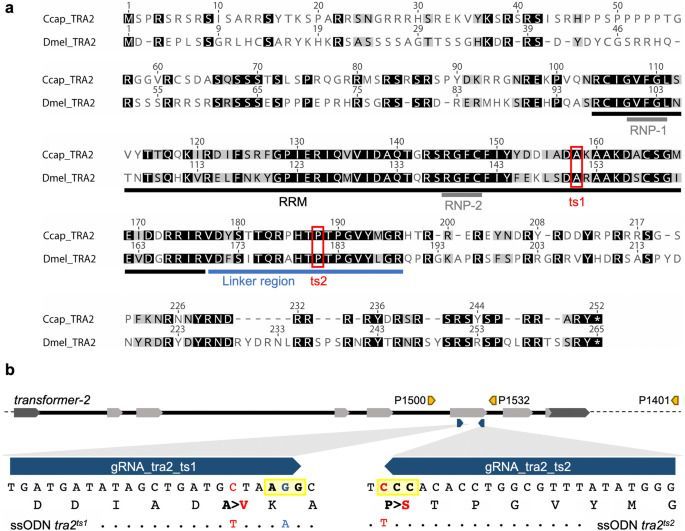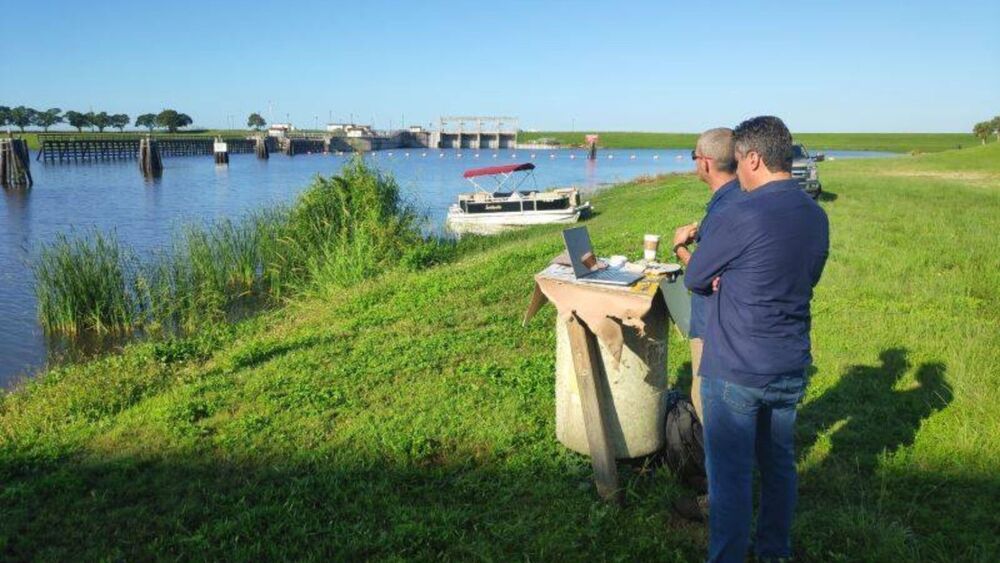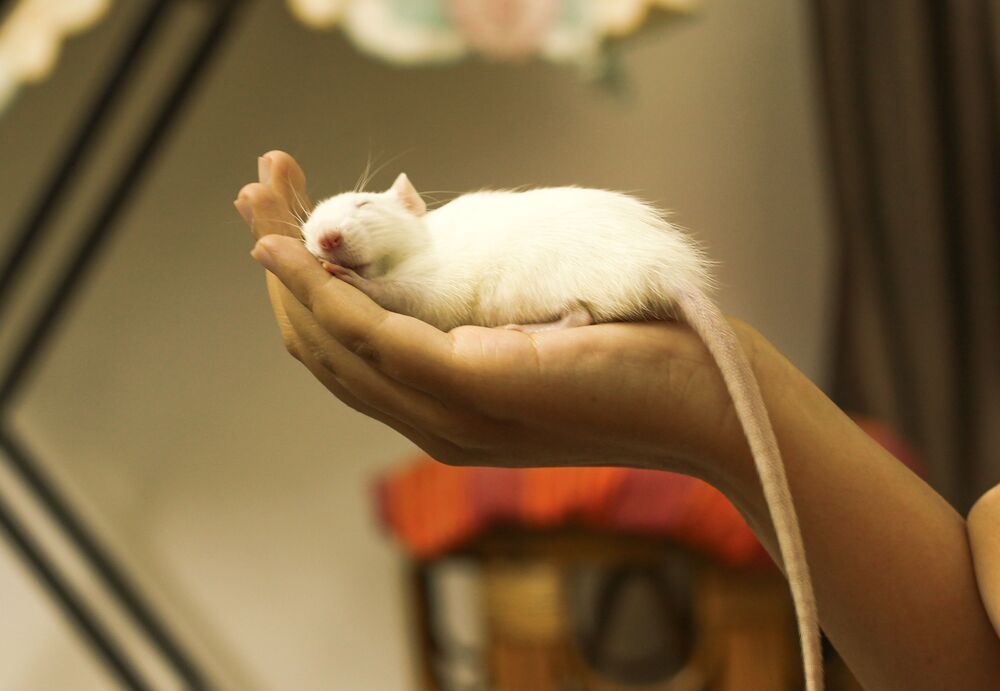Teaching birds to help us with recycling!
A very interesting approach! 😃
Who knew birds would be absolutely crushing it in the recycling game? If they can do it, so can you!


MIT researchers have developed a new material inspired by camel fur made from two layers that can keep perishable goods cool without needing any power. The two-layer passive cooling system is made of hydrogel and aerogel. Researchers say that it can be used to keep foods or pharmaceutical cool for days without needing electricity.
The material can be seen in the photo above, its top layer is aerogel, and the bottom layer is a hydrogel. Material is inspired by camel fur, which helps keep the animals cool and helps them to conserve water in the scorching desert environment. It seems counterintuitive that a thick coat of fur would help camels to stay cool, but tests have shown that a shaved camel loses 50 percent more moisture than an unshaved one under ideal conditions.
The bottom layer of MIT’s material is a substitute for sweat glands made of hydrogel. This gelatin-like substance is mostly water contained in a sponge-like matrix that allows the water to evaporate easily. The upper aerogel layer plays the part of the fur, keeping out external heat while allowing the vapor to pass through. Hydrogels have been used for cooling applications in the past. Field tests have found that MIT’s material can provide cooling of more than seven degrees Celsius for five times longer than hydrogel alone despite being less than half an inch thick.
Ira Pastor, ideaXme life sciences ambassador and CEO of Bioquark, interviews Philip Lymbery, award winning author of books Farmageddon and Dead Zone and CEO of Compassion in World Farming.
Ira Pastor Comments:
Compassion in World Farming (CIWF)is a campaigning and lobbying animal welfare organization which campaigns against the live export of animals, certain methods of livestock slaughter, and all systems of factory farming.
Philip Lymbery, founder of Compassion in World Farming:
Philip Lymbery is the CEO of CIWF, as well as visiting professor at the University of Winchester, ornithologist, photographer, naturalist, self-confessed animal advocate, and award winning author of both Farmageddon: The True Cost of Cheap Meat (listed as one of The Times Writers Books of the Year) as well as Dead Zone: Where the Wild Things Were.
Protecting Animals is about Protecting People and the Planet:

It seems solar power is really benefiting these chicken farmers from Australia. It allows them to slash their electricity bill.
This 10-million-bird chicken farm has slashed its power bill and reduced its CO2 emissions by 1,500 tonnes after installing one of agriculture’s most extensive solar and battery systems.

The Sterile Insect Technique (SIT) is based on the mass release of sterilized male insects to reduce the pest population size via infertile mating. Critical for all SIT programs is a conditional sexing strain to enable the cost-effective production of male-only populations. Compared to current female-elimination strategies based on killing or sex sorting, generating male-only offspring via sex conversion would be economically beneficial by doubling the male output. Temperature-sensitive mutations known from the D. melanogaster transformer-2 gene (tra2ts) induce sex conversion at restrictive temperatures, while regular breeding of mutant strains is possible at permissive temperatures. Since tra2 is a conserved sex determination gene in many Diptera, including the major agricultural pest Ceratitis capitata, it is a promising candidate for the creation of a conditional sex conversion strategy in this Tephritid. Here, CRISPR/Cas9 homology-directed repair was used to induce the D. melanogaster-specific tra2ts SNPs in Cctra2. 100% female to male conversion was successfully achieved in flies homozygous for the tra2ts2 mutation. However, it was not possible, to identify a permissive temperature for the mutation allowing the rearing of a tra2ts2 homozygous line, as lowering the temperature below 18.5 °C interferes with regular breeding of the flies.

Florida will use BlueGreen Water Technologies’ treatment to stop harmful algae blooms in Lake Okeechobee from reaching the state’s waterways.
Lake Okeechobee, also known as Florida’s Inland Sea, is the state’s largest freshwater lake. It has become overrun by cyanobacterial blooms (“blue green algae”) that render the water toxic for drinking and agriculture. It’s also not safe to eat fish from the lake or to swim in its waters.
Left untreated, cyanobacterial blooms can hijack all the resources in a lake or reservoir and turn it a dead aquatic zone.

Some animals, like mice and birds, are able to bring their body temperature and metabolism way down to conserve energy, going into a sleep-like state called torpor. Now researchers have identified the brain cells that trigger this state, showing they can activate it on demand. The team was even able to do it in rats, which don’t normally do it at all, suggesting that such a “suspended animation” state might eventually be possible in humans.
Torpor seems to have evolved as a survival strategy during times of food scarcity, allowing animals to snooze through cold nights or even entire winters without wasting too much energy keeping their body temperature up. That of course allows them to survive until things warm up again, and food becomes more plentiful.
Scientists have toyed with the idea of inducing this kind of hibernation state in humans to reduce the resources and room required for long treks into space. Now researchers at Harvard and the University of Tsukuba in Japan may have made progress towards doing just that.
Here’s my latest video!
Calorie restriction (CR) is well known to extend average and maximal lifespan in a variety of animal models, but what about in people? In this video, I present evidence showing that CR slows biological aging, which suggests that CR will positively affect lifespan in people.
Vertical farms subvert the space limitations of cities by allowing for portable, shipping container-esque produce farms that can operate in any urban environment.
Hello World. I’m Imagination. In this video, I’m going to talk about Milk and Impossible Burger. Impossibl…